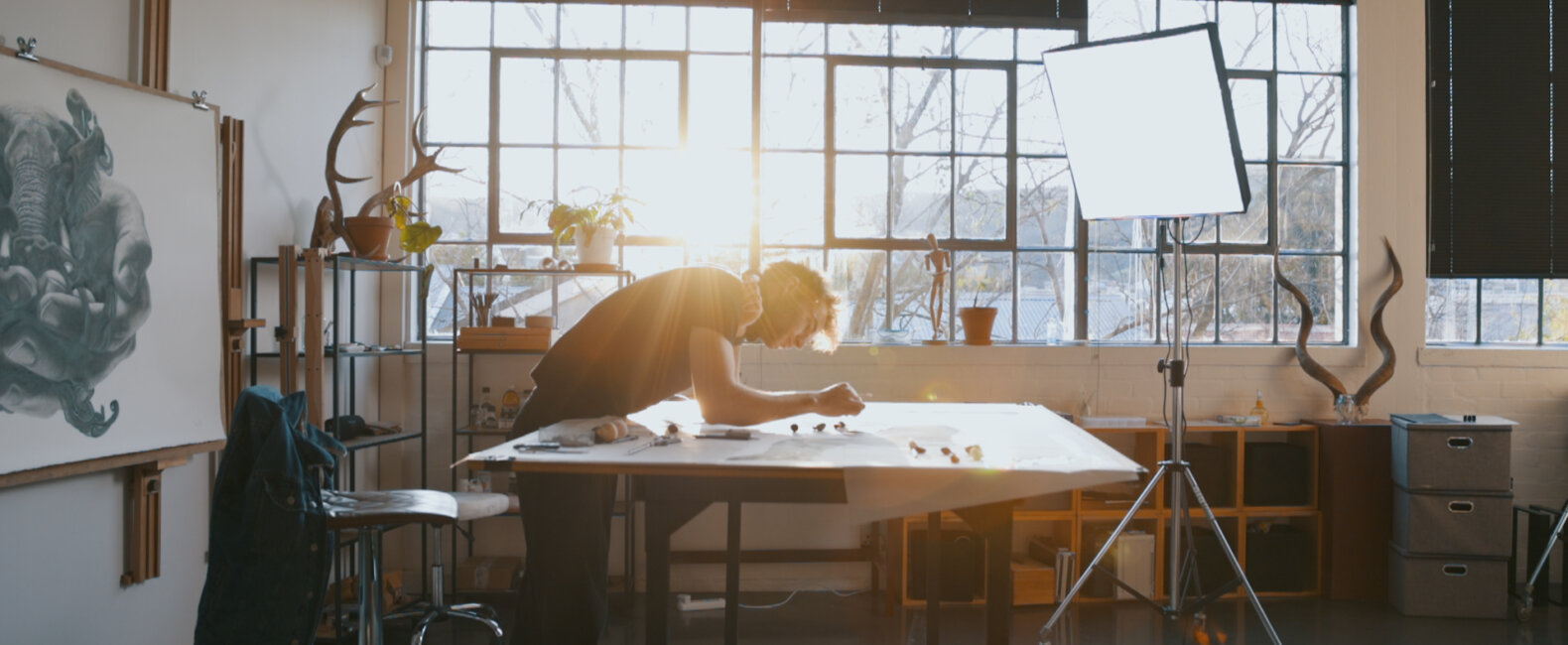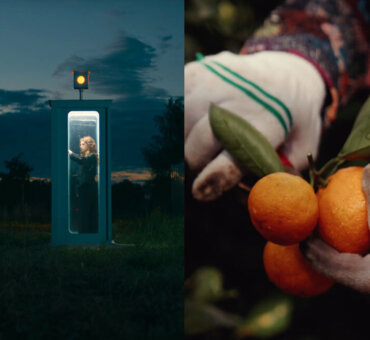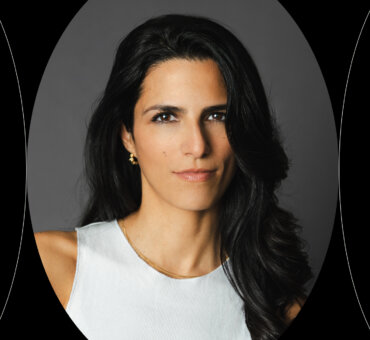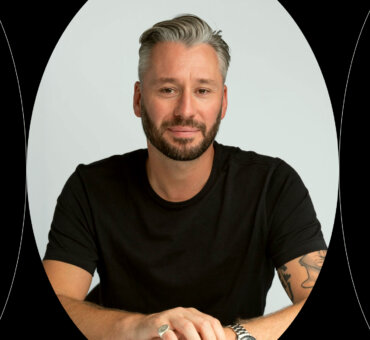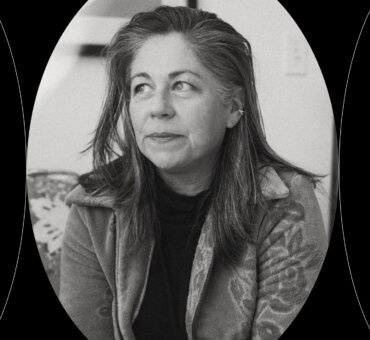Cape Town-based artist Jono Dry has built a dedicated YouTube channel to share knowledge with other makers and build a community centered around the world of art making. Read his interview below to learn more about what keeps him inspired, his advice to new and aspiring creatives, and how he finds the right music for his videos on Musicbed.
What sparked your passion for filmmaking/storytelling?
I’ve always enjoyed stories. My mother used to read stories to me growing up, and I was a very scared child, so she would read stories to me to try and calm me down or help me fall asleep. I struggled to sleep almost every night, so stories were a safe place for me. And then moving into High school a bunch of friends and I pulled together and bought a small camera and we started filming ourselves doing stupid things. And that was just one of the most entertaining things I did. That’s what ignited my passion for filming things and eventually turning what I was filming into stories.
What keeps you motivated and creatively inspired?
That constantly changes. One of the constant things is a mindfulness practice around staying motivated. So your distractions will change shape and you need something that ties through to address the different shapes those distractions take. So realizing you’re being distracted or feeling anxious requires a sense of mindfulness. But apart from that, there’s a little bit of a drive that is hard to describe to make things and to tell stories. So it’s innate.
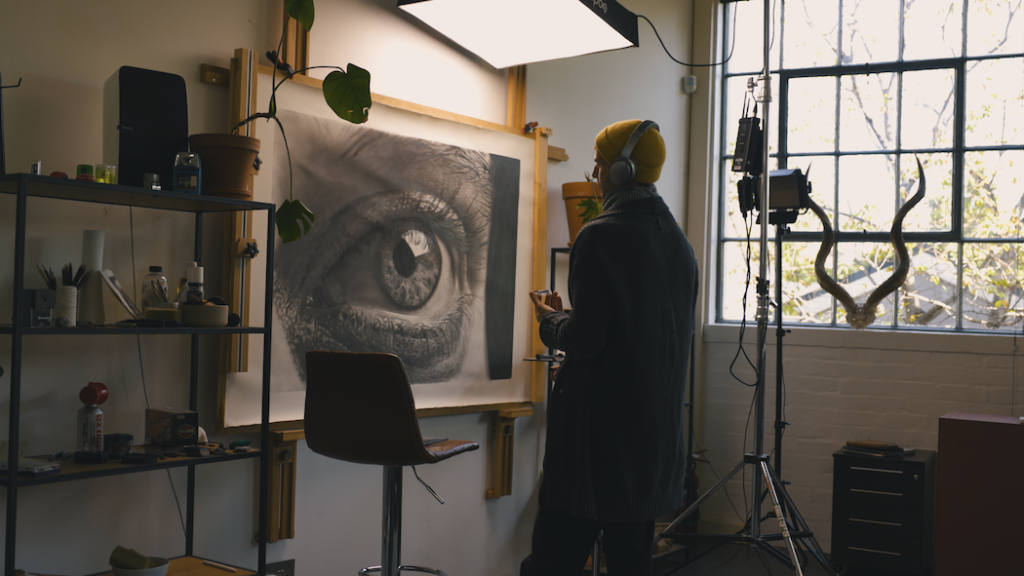
What makes a story visually appealing, and what role does music play in storytelling?
At the moment, I’m quite sensitive to the quality of light. I enjoy it when things are lit well, which seems very obvious. And then past that, I think the tension and there’s maybe a bit of novelty. So if you can capture tension as well as novelty in the way that something is shot or an emotion is portrayed or a scene unfolds, it’s going to be visually appealing. And then music is like this absolute lens you can put over something. It can completely change the feel and the mood of a scene. Anything that’s meant to be hilarious, that’s then put over with more somber music will completely stop being funny and become sad or vice versa. You can have something that’s meant to be sad and you add upbeat music and it will distort the way you process it. So music is almost everything when dealing with an emotional medium or emotional format.
What elements do you think are essential for crafting a compelling story?
There needs to be a sense of relatability and authenticity. In storytelling, you can have something completely fantastical and obviously made up and far out there, but the characters, or the things that they’re grappling with, need to have elements of our lives within them. So if you can’t capture an audience or if you can’t be captured by a story related to elements of your life, you’re just not going to connect to it. A story’s honesty or authenticity is probably one of the major elements in creating something captivating.
How important is music in your work?
It’s extremely important. From the storytelling perspective, it is a huge vehicle we use to pace and guide the viewer toward our intention of what we’re trying to create with mood.
What advice would you give other filmmakers or creators just starting their careers?
I feel like I’m just starting my career. Something that can be broadly applicable is to lean into mistakes. Something that I found really useful in all the creative avenues that I pursued has been to not let the idea of making a mistake stop me from doing something, but rather view it as a learning opportunity. It’s also been really helpful in giving a little bit of extra drive to put yourself out there. So if you want to submit something to a film festival or if you get locked up with feeling like you’re not ready, it helps to combat that by leaning into the mistake or leaning into the let’s just go for it now and see what we learn along the way.
How do you balance pushing boundaries creatively and delivering what your client wants or audience wants to see?
That’s a really difficult balance. I think that’s probably the struggle for most filmmakers. And it depends on what your passion is. If your passion is for authentic storytelling and you have worked for a hugely commercial brand, that alignment is going to suffer, and you’re going to constantly swim upstream. I would try and put myself in the perspective of an audience member or my client. And because I can’t get myself out of my head, just the practice of doing that will help me align with what they might want to see. And I will take for granted that I’ll add my creative spice into that process. So as long as I can enjoy part of it, I feel safe delivering what I think will work for them while leaving some or other element of play in the film.
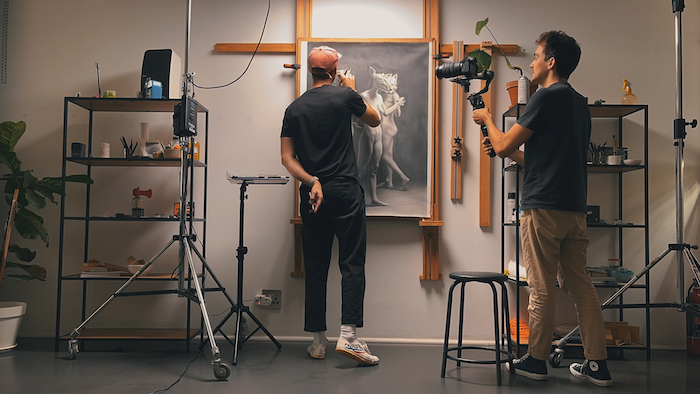
What’s the most challenging aspect of being a filmmaker or creative?
Imposter syndrome can be quite a big one for creatives. And that goes hand in hand with criticism, whether it’s self-criticism or criticism from peers. Those can be profoundly challenging things to overcome.
What’s your favorite project you’ve worked on?
I think the project around the Jagger Library burning down is probably one of the big ones I’m excited about. That’s not released, but the opportunity to work with such sensitive and culturally relevant information, and the people and the experts around that we’ve been introduced to with that small film has been really exciting. We’ve had so many moments of feeling honored to be involved in that storytelling. That’s probably the most exciting project that we’re involved with at the moment.
How do you search for music on Musicbed? What are some tips that you’d give other filmmakers to search on Musicbed?
I’ll usually find a song externally, which I think would work, or I’ll work with a mood and then slowly taper in. It could be an instrument that I want to hear. So it could be like something cinematic with a piano. And then once you have a couple of options give yourself a couple of minutes per option. And if you don’t find something then tweak your search slightly and then taper it in. So if pianos aren’t working, go to synth and slowly build up almost as if you’re layering your search. I found that quite useful when looking for music.
Why do you utilize Musicbed in your work?
The search functions are really, really helpful. And I’ve been able to find music with them quite a lot faster than some of the other formats.
—
Explore a curated playlist of Jono’s favorite cinematic music to feature in his videos—all immediately ready to license only on Musicbed.















































































